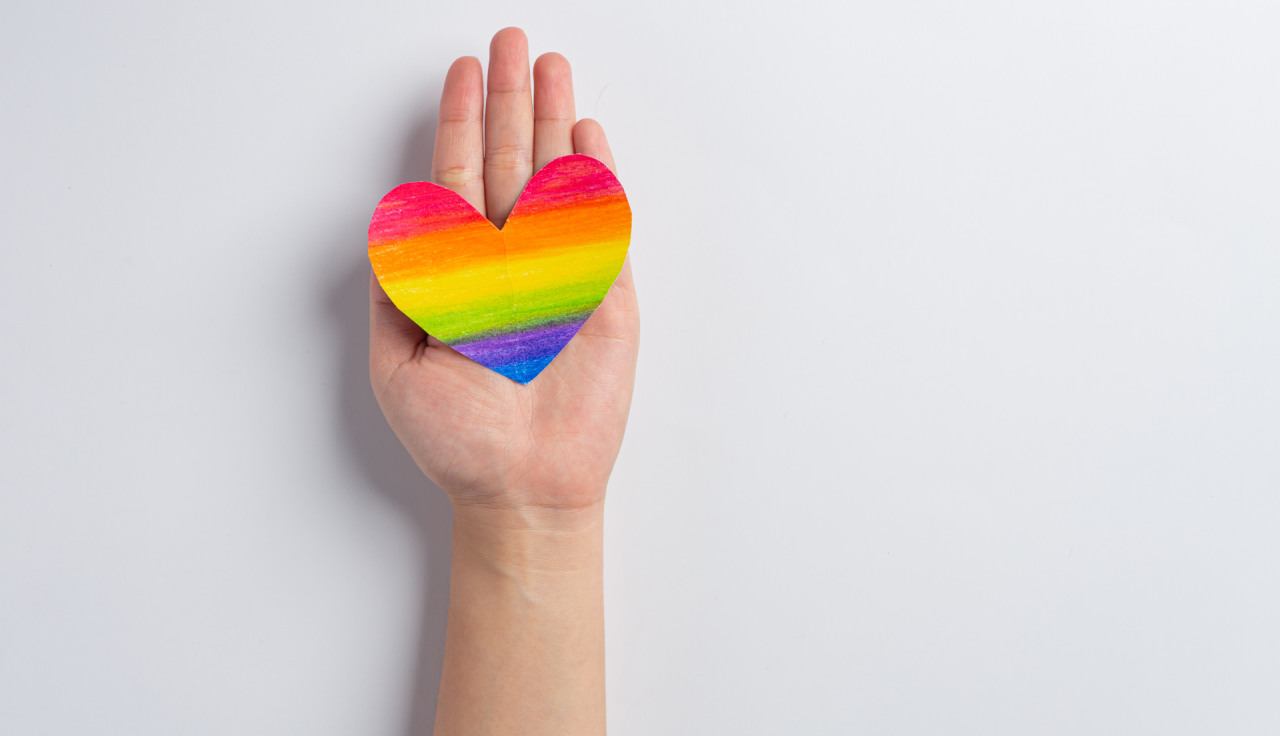Healthcare Issues Faced by the LGBT Community

A number of studies have indicated that the LGBT community faces discrimination while seeking healthcare services. This happens not only in India but all over the world. This discrimination prevents them from approaching hospitals and health centres when they have a medical need. We need to start addressing this issue and awareness forms a main part of the solution. We need to sensitize our younger generation against any form of discrimination and its long-lasting effects.
The Need to Focus on Healthcare for the LGBT Community
- Denying medical care for the LGBT community will increase the disease severity and will increase the possibility of transmission as well.
- When health care is sought at advanced stages of a condition, the cost of health care increases.
- Mental trauma may push people of the LGBT community towards drug abuse, addiction and a host of other harmful practices.
Factors that stop the LGBT community from seeking Healthcare
- Often health care professionals are not trained on the right way to address and handle LGBT patients. This leads to discomfort and a lack of trust towards the doctor from the patient.
- Not only health care, the LGBT community faces discrimination in many other aspects as well, be it while seeking employment, buying a health insurance or even while looking for a rental. The discrimination faced by them is all-encompassing.
- The elderly population of the LGBT are the worst affected as they are often lonely and do not have access to suitable health care providers and no one to guide them on whom to approach.
- Many of the LGBT community are financially unstable.
- As the world switched to an online mode to deal with the pandemic, many from the LGBT community did not even have a smart phone to communicate with the outside world. As a result, many health programs and announcements did not reach them.
Repercussions of Exclusion on the LGBT community
- It has been documented that the LGBT community has a greater incidence of mental health disorders. Be it the tendency for suicide or the usage of alcohol/drugs, the reported incidence is a lot higher for them. They refrain from seeking medical help for these issues as they fear discrimination from mental health professionals.
- Many from the LGBT community do not have a proper photo identification and are not able to avail the services which require a photo ID.
- Some of them also report that many doctors are unaware of how to treat their medical problems. This is especially true for those undergoing hormone replacement therapy. As there is not enough data about the combined effects of other treatments with the hormone replacement therapy, many feel apprehensive about getting treated for other conditions.
- Treatment for sexually transmitted diseases is also not easily accessible for the LGBT community.
- Caste too plays a role as lower-caste members are definitely worse off than their upper caste counterparts.
The Way Forward
- Having an inclusive environment in all education institutions starting from school level will be a good way to introduce awareness of the LGBT community and the problems that they face. Children are highly impressionable and they have to be taught the concept of inclusiveness.
- The LGBT community should not be denied access to recreational activities. They should be comfortable using facilities meant for the public, like parks, gyms, etc.
- Healthcare should not be denied to them; medical institutions need to teach their students how to treat LGBT medical conditions.
Steps We Can Take
As a country that takes pride in being socially aware, we should not wait for the government to initiate action. There are steps that we can take as a community to prevent exclusion. Some of these steps could include:
- Before new health plans are put into place by hospitals, their design and planning stages should focus on inclusivity. For example, the hospital forms should give more options than just male and female for gender. This small change will be a step in the right direction.
- Any kind of plan, before it is implemented, should include in its planning stage representation of all sections of the community. This will not only ensure that inclusivity is achieved but will also reduce fallout from other sections of society.
- Staff should be taught how to handle minority communities. Often it is only lack of knowledge that results in unempathetic behaviour. This can be overcome by promoting awareness among staff members.
- Institutions should also let the community know that they are providing all-inclusive services. Spreading the word through messages on websites or having placards put up in front of organizations will help get the information across to the LGBT community.
In India, we do not have laws against health discrimination. But this does not mean that the problem does not exist. We do not have to wait for the government to show us the way. We, as citizens, can take the initiative and build an inclusive and understanding community.
